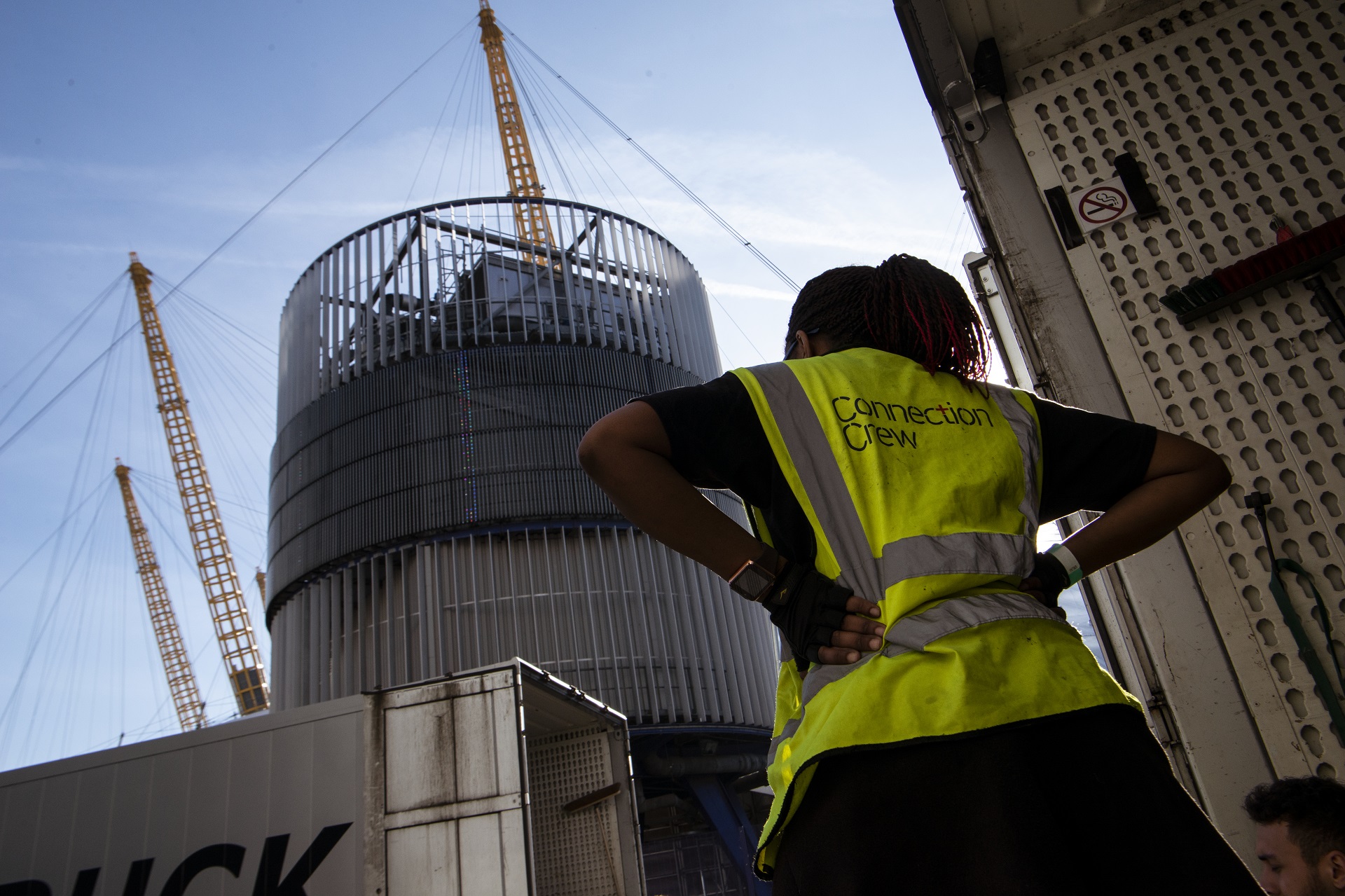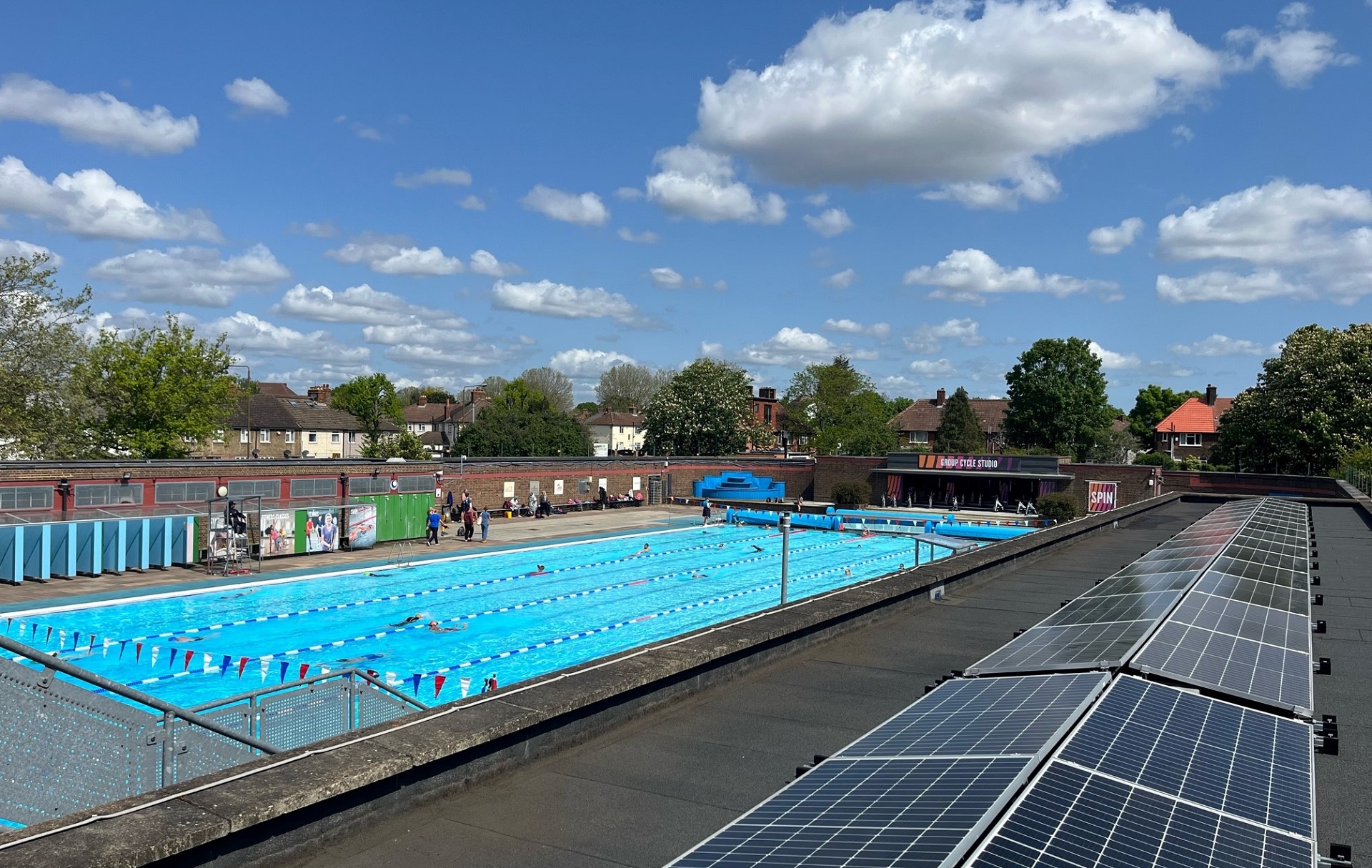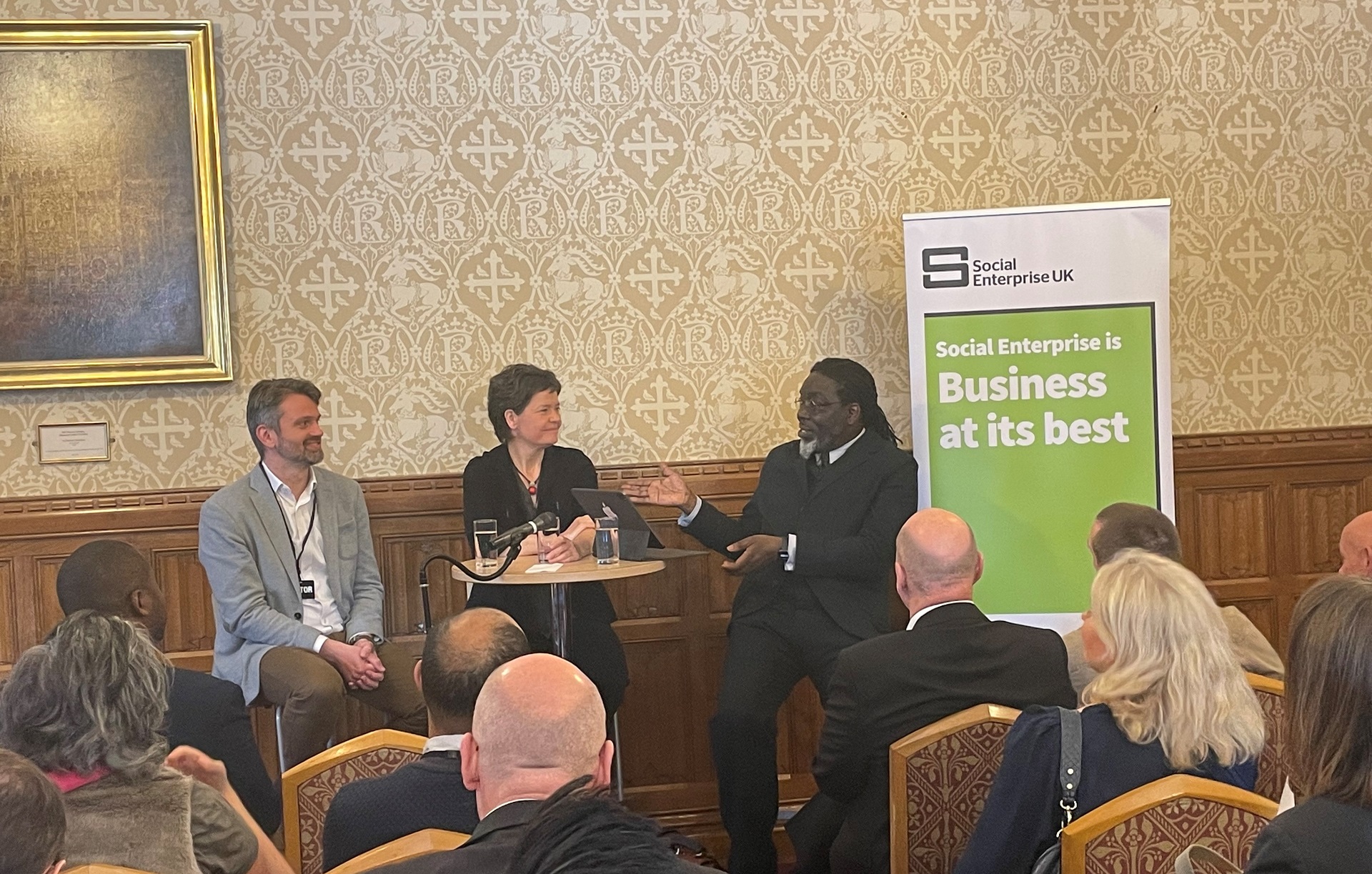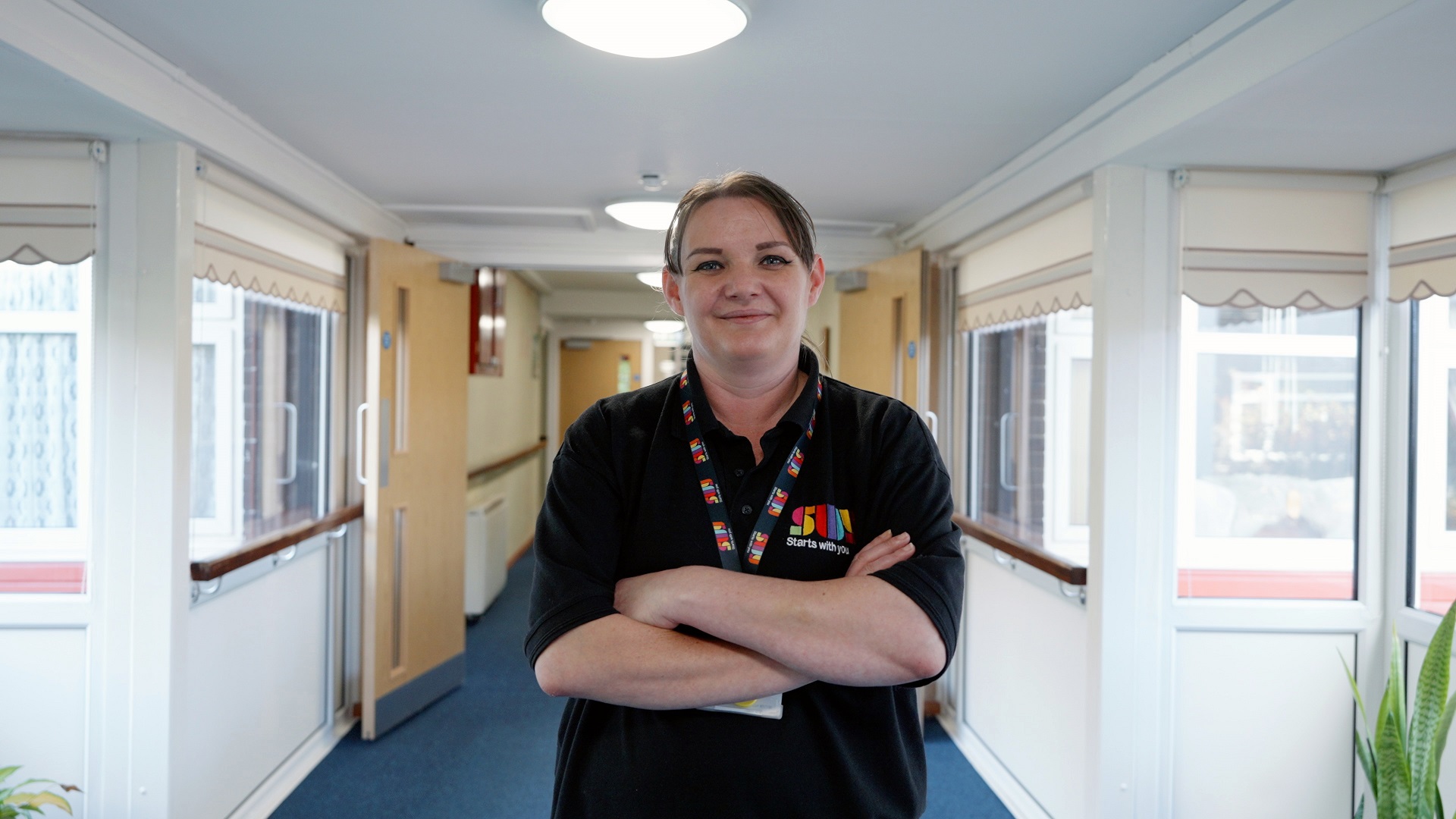
Member updates
Connection Crew CIC launches new phase of growth
Leading events crew supplier and flagship social enterprise Connection Crew CIC have launched a major advertising campaign. As a London Living Wage Employer, the company aims to help break the minimum wage ceiling, raise awareness, and recruit new crew as it prepares for further expansion following a 132 per cent revenue increase last year. The campaign is being delivered by global advertising agency TBWA\London, through a digital billboard, and referral marketing campaign that involves Connection Crew’s existing staff identifying potential recruits. The campaign will be seen across dozens of sites throughout London. The advertising campaign highlights opportunities to work in exciting jobs in crewing at major exhibitions, festivals, concerts, and other events, as well as construction, sport, television and film locations. To drive job applications, Connection Crew team members are being challenged to find ambitious gig economy workers including delivery drivers, baristas, security, bar and catering staff, and students, and present them with a card with links to a job application form. "We’ve grown significantly in the last two years while maintaining our high standards and providing employment opportunities for those that need it most. Now we need to support another phase of expansion," says Warren Rogers, Connection Crew Director. "Part of the measurement of our success is that we demonstrate that social enterprises can be highly successful as commercial operators, competing against other major companies. Our aim is to continue breaking new ground both as a crewing company, and as a social enterprise." The success of Connection Crew as a supplier of trained crew for major events such as the Coronation, London Marathon, Ideal Home Show, Clerkenwell Design Week, Glastonbury-BBC and Creamfields, is evidence of how a social enterprise can outcompete traditional business model rivals. It provided crew for more than 3,600 events in 2022. Long standing clients include BAFTA, Underbelly, Media 10 and Wates Group. The organisation’s premium level service ethos and reliability has enabled it to establish a unique position as a crew provider within the events, television, film and construction industries, where reliable staff are needed for an array of manual handling and technical work. "Imagine if every event in London and beyond helped to make a positive impact on people within their community, it would make a big difference to society." says Leasa Slater, Connection Crew Resources Manager. "A huge strength of Connection Crew is the amount of impact we make socially, culturally, and environmentally." In parallel with its commercial success, Connection Crew has recently hit the significant milestone of providing more than 200,000 hours of employment to those that have experienced, or been at risk of, homelessness, or who traditionally face barriers to employment. Currently, 20 per cent of their crew have faced one or more of these barriers. It’s employment opportunities and a supportive environment helps foster a strong work ethic, willingness to learn and a robust team dynamic. These attributes are reflected in the organisation’s award-winning reputation within the business sectors it operates in, and high repeat business rates. A major part the organisation’s success, both commercially and socially, is its Academy, that provides a hands-on three-day employment preparation programme. Graduates are guaranteed an interview, and a 12-week mentoring scheme in which Academy graduates are provided with an experienced crew member as mentor, who is a trained volunteer for the role. For 18 years, Connection Crew has worked on some of the biggest and most prestigious events in London and the UK. Their ambition is to expand their reach and grow their impact on a national scale.
3 min







